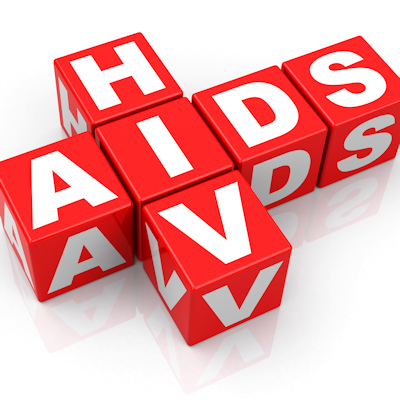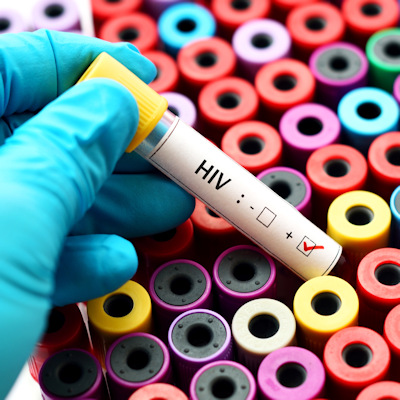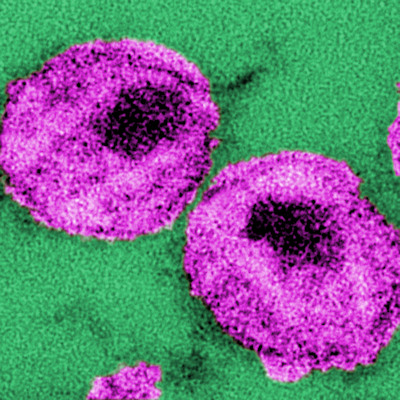May 26, 2023 -- An HIV nanoparticle vaccine has induced strong T-cell responses in a first-in-human clinical trial, marking a step toward the development of a product that protects against the virus.
The study, details of which were published Wednesday in Science Translational Medicine, randomized 48 healthy adults without HIV infections to receive the adjuvanted eOD-GT8 60mer vaccine or placebo. The vaccine is a self-assembling, germline-targeting HIV nanoparticle designed to prime a type of B cells that produce precursors to broadly neutralizing antibodies that target a protein on the surface of the virus.
In 2021, researchers reported that 97% of recipients of the vaccine had the hoped-for VRC01-class B cell response, leading to a collaboration with Moderna to develop a candidate based on its mRNA vaccine technology. The new paper adds to understanding the effects of eOD-GT8 60mer by analyzing the T-cell response.
CD4 T-cell help will be needed to develop the high-affinity neutralizing antibody responses that the researchers aim to induce to protect against HIV. The study suggests the vaccine induced a T-cell response, as Dr. Julie McElrath, PhD, the director of Fred Hutch's Vaccine and Infectious Disease Division and co-senior author of the study, explained in a statement.
"We were quite impressed that this vaccine candidate produced such a vigorous T-cell response in almost all trial participants who received the vaccine. These results highlight the potential of this HIV-1 nanoparticle vaccine approach to induce the critical T-cell help needed for maturing antibodies toward the pathway of broadly neutralizing against HIV," McElrath said.
McElrath and her collaborators found that recipients of two doses of the vaccine had robust polyfunctional CD4 T cells that were specific for eOD-GT8 and for a component of eOD-GT8 60-mer, lumazine synthase (LumSyn). In the vaccine cohort, 84% and 93% of participants had antigen-specific CD4 T helper responses to eOD-GT8 and LumSyn, respectively.
The study also linked the vaccine to the induction of vaccine-specific peripheral CD4 T cells correlated with expansion of eOD-GT8–specific memory B cells. Collectively, the findings show that the vaccine acts on the immune system in a way that may improve human immune responses, either to heterologous boost immunogens after the prime vaccination, or to other human vaccine immunogens.
McElrath called the data a first step, adding that heterologous booster vaccines will still be needed to eventually produce VRC01-class broadly neutralizing antibodies. In earlier studies, such antibodies have shown the ability to neutralize 90% of HIV strains.
Copyright © 2023 scienceboard.net









